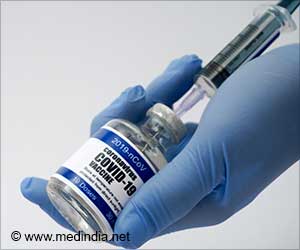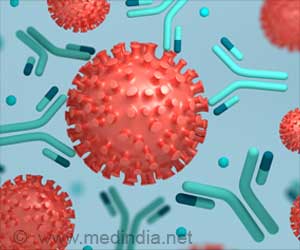The scientists report that increased fucose digestion by bacteria in the gut before vaccination was associated with lower numbers of T-cells activated by vaccination. T-cells are an important type of blood immune cell that is activated by a specific strain of bacteria or virus, and then multiply to fight the infection.
This also shows the importance of the impact that the trillions of bacteria in our gut collectively called our ‘gut microbiome’ have on our immune health and adds a missing piece to the puzzle of why vaccination varies in effectiveness from person to person.
While this research focused on the response to the COVID-19 Pfizer mRNA vaccine, the researchers believe their results could also be relevant for other mRNA vaccines in development that protect against other infectious diseases, and even cancer.
Advertisement
In this study, researchers took a stool sample and multiple blood samples from 96 healthy participants living in Okinawa, starting before the first dose of the vaccine, and ending a month after the second dose.
Why Do COVID-19 Vaccine Immune Response Varies?
They then did a broad analysis, looking at all the genes from immune cells in the blood and bacteria in the gut to see if there was any association with an individual’s T-cell and antibody levels. They did not find a significant link to antibody levels but found that individuals that had a lower T-cell response also had a gut microbiome with a high activity of fucose digestion.
They also found that individuals with a reduced T-cell response had higher expression of two genes, FOS and ATF3, before vaccination. These genes are expressed by blood immune cells, and code for proteins that are part of a larger group called AP-1 transcription factors.
Previous research has shown that different AP-1 transcription factors control T-cell survival and activity, but the exact role and function of these two proteins remain unknown.
Individuals with higher expression of FOS and ATF3 before vaccination also had microbiomes with high activity of fucose digestion, suggesting that the gut’s impact on the immune system is through a pathway that involves FOS and ATF3.
The mechanism is not yet proven, but they propose that fucose digestion leads to increased baseline expression of FOS and ATF3 in blood immune cells, which in turn weakens the response to the COVID-19 vaccine.
Researchers now plan to experimentally manipulate the gut bacteria in mice and investigate the exact mechanism of FOS and ATF3, to further understand the link between the microbiome, blood immune cells, and the overall immune response.
Source: Eurekalert



